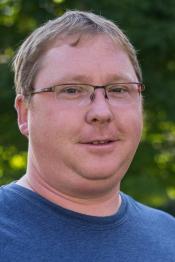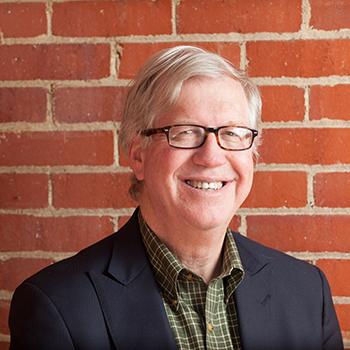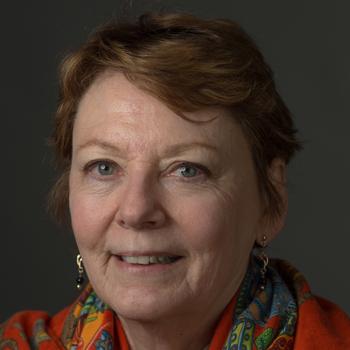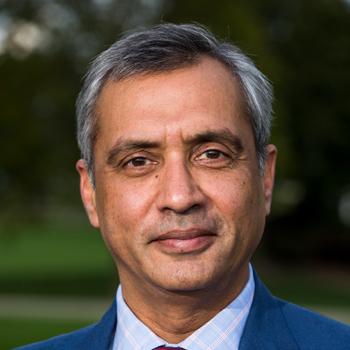Dual master’s student works at intersection of scientific research and public policy
As someone who has always found his place in the outdoors, Zebulon (Zeb) Martin knew he wanted to do anything he could to protect it.
That’s why after taking some time to figure his passions out, then graduating from Otterbein University with a bachelor of science in sustainable studies, Martin knew it was time to continue on with his education.
“I have always wanted to do something positive,” Martin said. “If I’m going to put my time and effort into something, I want to change society and culture for the better.”
Martin worked on “doing something positive” by taking on dual master’s degrees in environmental studies and public administration through the Voinovich School. He completed his environmental studies degree in 2017, and has one more year in public administration. His research has focused on the effects of perception on acid mine drainage-impacted streams in southeastern Ohio, specifically Raccoon Creek.
He also served as a graduate assistant through the American Electric Power (AEP) Foundation. Working alongside fellow AEP graduate assistant Jenny Yurke, Martin helped prepare lesson plans for local high schools on watersheds in southeast Ohio through a grant offered by AEP.
Trying to find ways to incorporate technology into their lesson plans, Martin and Yurke turned to virtual reality. The two worked with a 360-degree GoPro setup to capture images of healthy and unhealthy streams and their respective habitats in many southeastern Ohio communities to show students the differences between them. This gave students the unique opportunity to visit these ecosystems through a “virtual field trip.”
The pair also produced videos to further educate students on the importance of healthy watersheds. Martin edited videos that showed students how to properly calibrate the reading tool needed to capture and read water samples.
These experiences have led to Martin change his initial ideas of his career: He now plans to focus on water policy.
“In my short life, I have seen dramatic changes to our environment. Under the current administration, I feel the more help we have in areas that focus on the environment, the better,” Martin said.
Martin is ready to make a difference in what he sees as the biggest issue facing the environment: access to and protection of fresh water. Pollutants such as acid mine drainage, fracking and fracking waste all threaten fresh water sources; Martin wants to help protect them. He argued that we should be focusing on how not to do things instead of learning to live with them.
“If we push for a change, it can actually happen,” Martin said. “It’s easy to get bogged down with negativity when studying this topic and going into this type of work. We have to focus on the loads of people out there doing good things and that’s what you’ve got to look at so we can press those ideas forward.”



